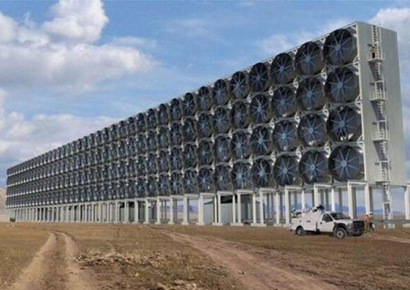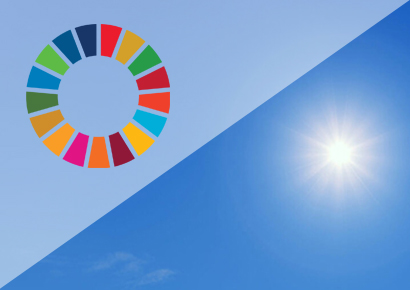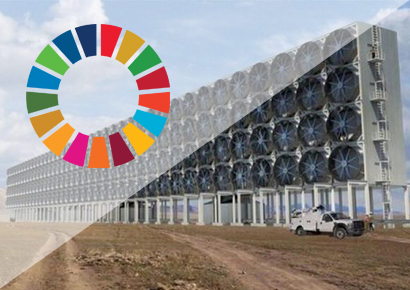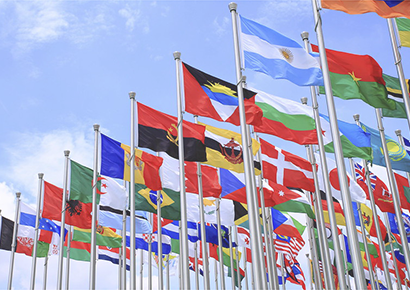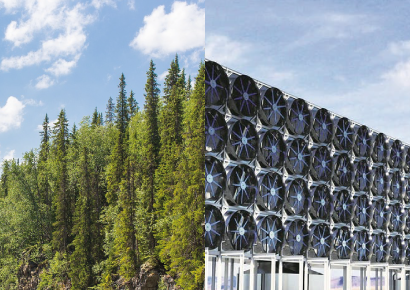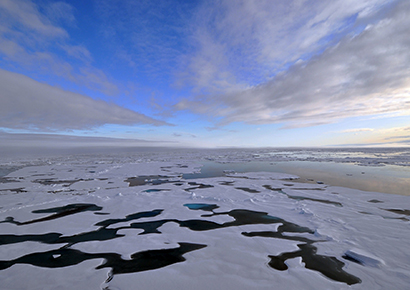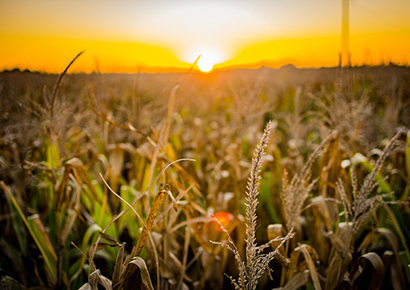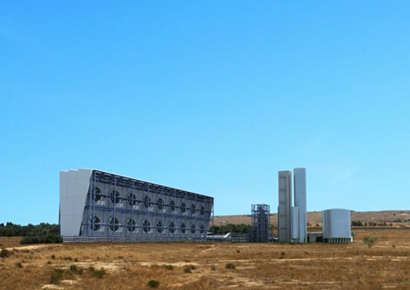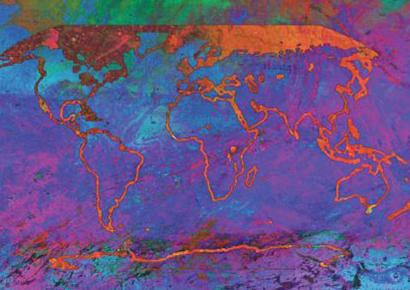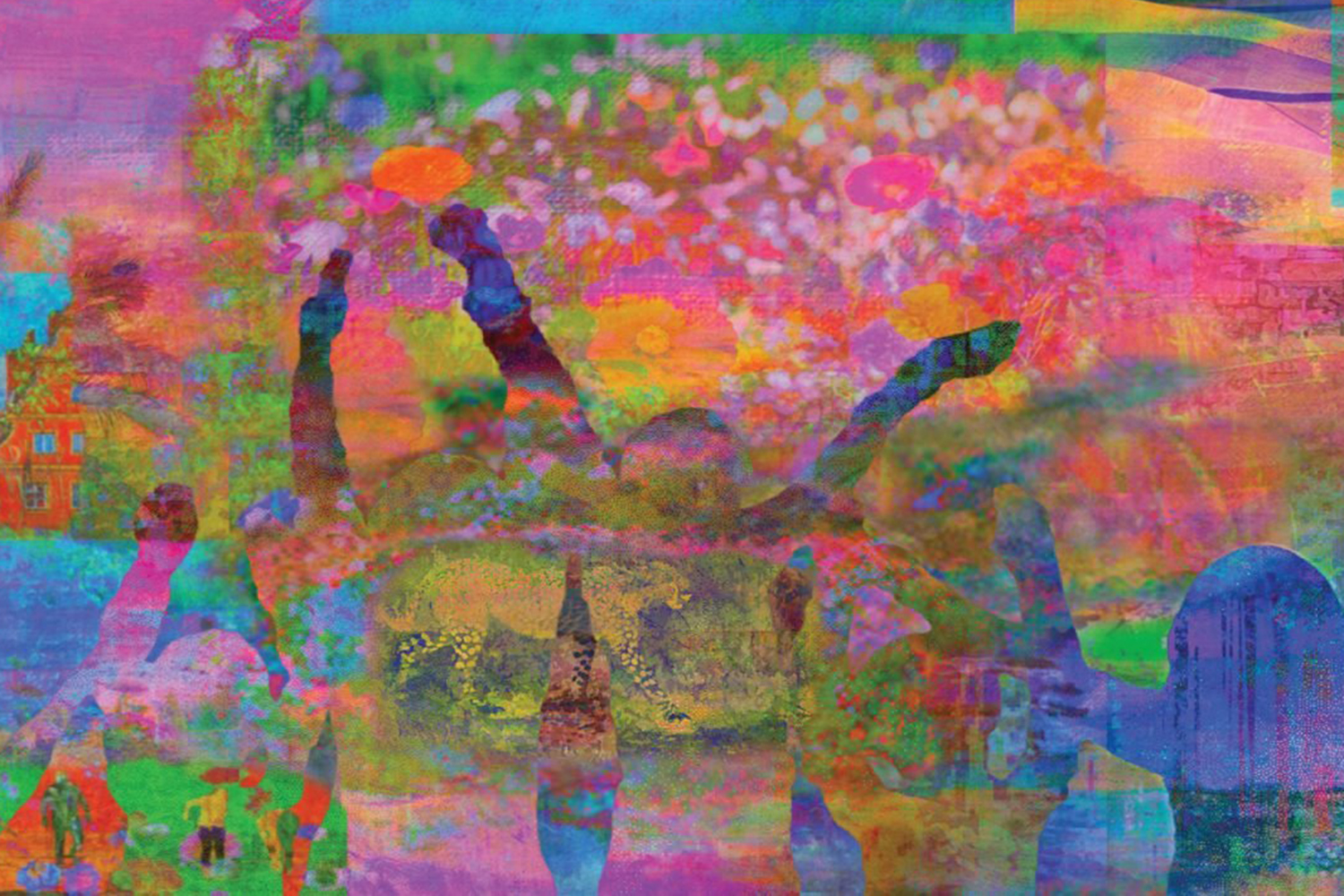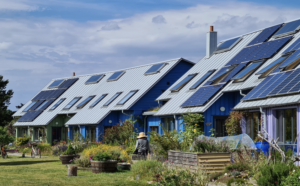C2GLearn
C2GLearn is a series of online events, designed to catalyse learning about climate-altering approaches and their governance. Featuring leading international experts and practitioners, events include both formal webinars and informal ‘campfire chats’, convened regularly throughout the year, with opportunities for questions and answers. Events are free to join, but registration is required and spaces are limited. For more information on speakers, times and background reading, please follow the thematic links to specific topics below.
C2GLearn does not aim to be an educational course, but rather to spark a first set of questions, and to catalyse wider societal engagement on the tough choices ahead. Let’s learn more, together.
The world is not on track to limit global warming to 1.5°C or 2°C, and the impacts of overshooting those goals are becoming ever more apparent. Some scientists and entrepreneurs are suggesting new approaches to tackle this crisis, in addition to rapid emissions cuts. These include removing billions of tonnes of existing carbon dioxide from the air, or cooling the planet by reflecting sunlight back into space.
Most of these ideas are in their infancy – and raise big questions about how they might be governed, who should be involved, and where. How can policy makers learn more about these approaches, and assess their challenges and opportunities against the risks of a warming world?
C2GLearn is organised in themes designed for those new to the issues and those who already know the basics and want to explore specific topics in greater depth. Click on the buttons below to find out more:
The world is not on track to limit global warming to 1.5°C or 2°C, and the impacts of overshooting those goals are becoming ever more apparent. Some scientists and entrepreneurs are suggesting new approaches to tackle this crisis, in addition to rapid emissions cuts. These include removing billions of tonnes of existing carbon dioxide from the air, or cooling the planet by reflecting sunlight back into space.
Most of these ideas are in their infancy – and raise big questions about how they might be governed, who should be involved, and where. How can policy makers learn more about these approaches, and assess their challenges and opportunities against the risks of a warming world?
Introduction to climate-altering approaches
If you are new to climate-altering approaches and their governance, then this is the place to start. These events introduce you to the basics and explore questions such as: What are the new approaches being proposed by scientists to help tackle climate change? What risks and opportunities do they bring? How should we talk about them, to enable broad-based governance?
Focus on Policy and Governance
Learn more in-depth insights into the policy and governance issues around climate-altering approaches. These events explore questions such as: what mechanisms already exist to govern the research or deployment of new climate approaches – whether to encourage more, or less, or safer activities? What gaps remain? How can governance better take account of all the sustainable development goals?
Focus on Regions and Stakeholders
Some regions face specific challenges regarding climate action, and may require specific debates about emerging approaches. How can regional decision-making and policies take account of both local and global challenges in their research and potential deployment. These events provide more in-depth insights into region- and stakeholder-specific considerations for governing climate-altering approaches.
Focus on Science and Technology
Specific approaches to carbon dioxide removal and solar radiation modification differ significantly – and will need specific forms of governance, whilst also taking account of the broader context. What unique set of considerations are raised by these separate approaches, and which are in common? These events provide more in-depth insights into the science and technology involved in specific climate-altering approaches and the governance issues they raise.

